Recently, our relations with Japan and China are getting closer. We see this in the popularity of Japanese food such as sushi, as well as the growing number of Chinese tourists visiting our cities. This interest in the cultures and languages of the two countries extends to their folk signs and superstitions, which can be surprising and entertaining.
In China, despite the depiction of many gods and heroes with beards and mustaches, wearing these attributes in society is considered undesirable. Perhaps this is due to the fear that ordinary people, wearing a beard or mustache, will be compared with higher beings and cause bad luck. In addition, the Chinese will not cut their nails after midnight, so as not to attract the spirits of the dead.
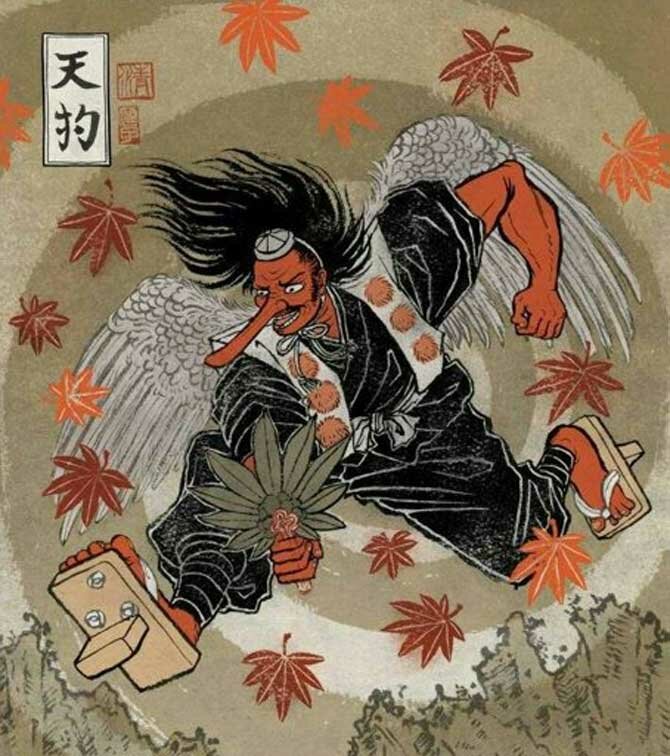
In Japan, many superstitions are associated with the culture of death. For example, the Japanese at the cemetery make fists with their thumbs to protect their parents from death. Another superstition prescribes not sticking chopsticks into rice, as this is considered a symbol of sadness and death.
The orientation of the pillow is also important: it should not be directed to the north, otherwise it may attract trouble. It is believed that if three of us are photographed, the one in the middle runs the risk of attracting death. Mirrors in the bedroom should be closed at night, otherwise the spirits of the underworld may appear and disturb the peace.
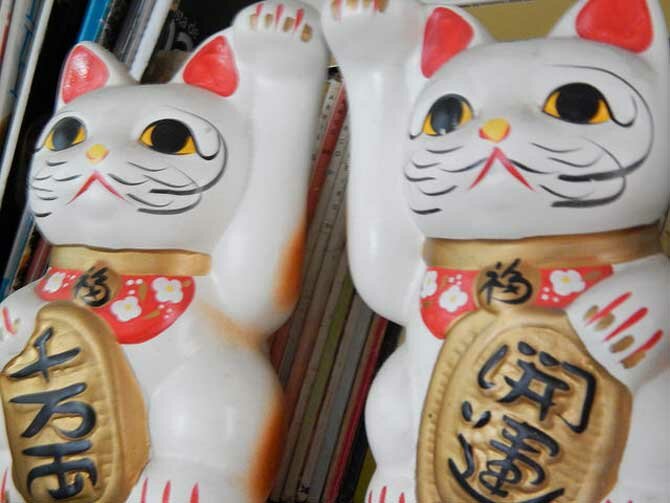
The use of broken combs and combs in Japan can mean a challenge to poverty. In addition, the Japanese, like the Russians, are wary of black cats, considering them a symbol of bad luck.
South Korea, a country culturally and mentally close to Japan and China, also has its own characteristics and superstitions. One of them is the belief that a fan running in a closed room can kill a person in their sleep. That is why many fans in Korea are equipped with automatic shutdown timers. This superstition can be considered modern, having arisen in the era of technology.
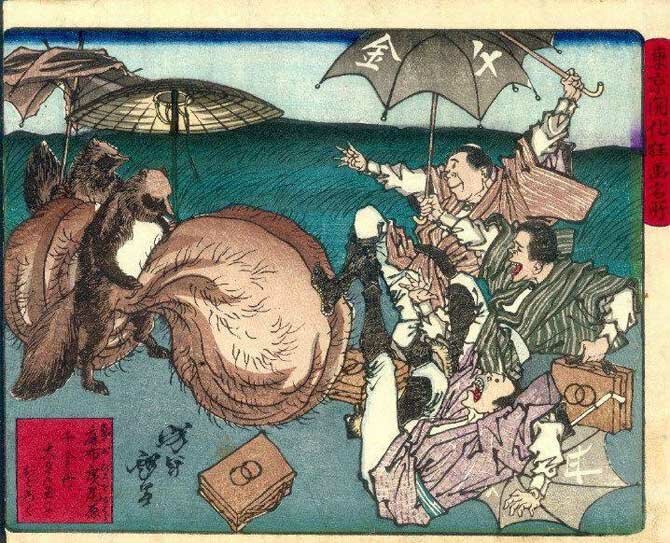
Another traditional Korean sign strengthens the connection between this country and Russia: in both countries it is not customary to whistle in the house. However, if in Russia whistling is associated with a lack of money, then in Korea whistling is considered a way to attract poisonous snakes to the house, especially in the evening and at night.
The study and comparison of folk signs and superstitions of different countries helps us to better understand their cultures and mentalities. We see that many superstitions are associated with fears of death, loss of loved ones and failures, which, perhaps, is a reflection of universal human fears and experiences.
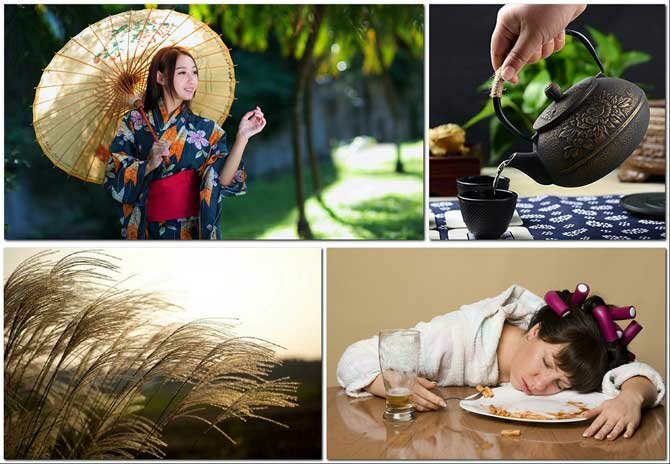
Thus, the study of the cultural characteristics of Japan, China and South Korea allows us to expand our understanding and respect for other peoples. Such communication and exchange of knowledge between countries contributes to mutual understanding and strengthening of friendly ties.
In conclusion, the omens and superstitions of Japan, China and South Korea represent the unique heritage of these peoples, reflecting their history, mythology and customs. By studying them, we can learn a lot about the cultures of these countries and even discover some similarities with our own traditions. This journey into the world of signs and superstitions will be a great way to deepen our knowledge and expand our horizons.
To be continued…

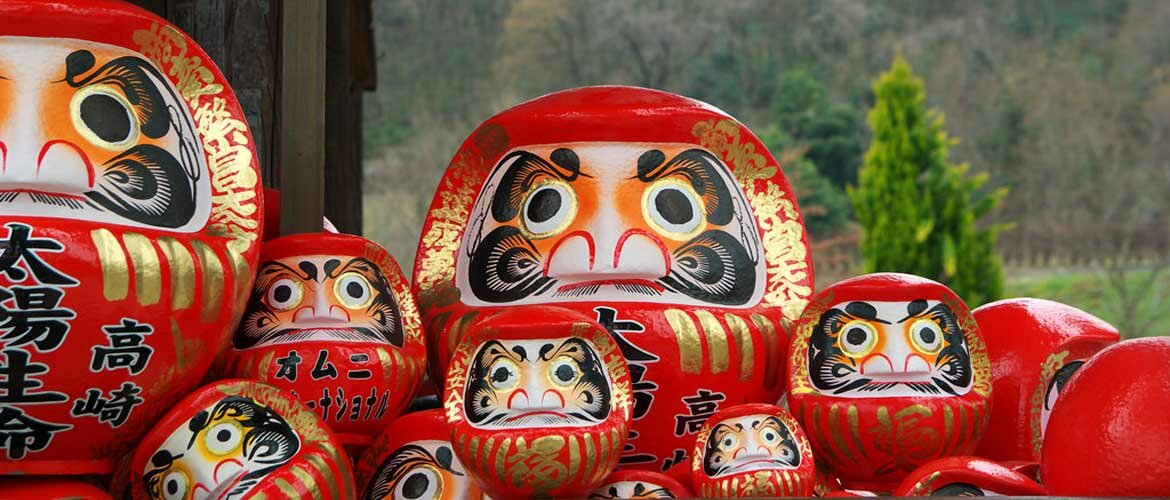





Only registered users can leave comments